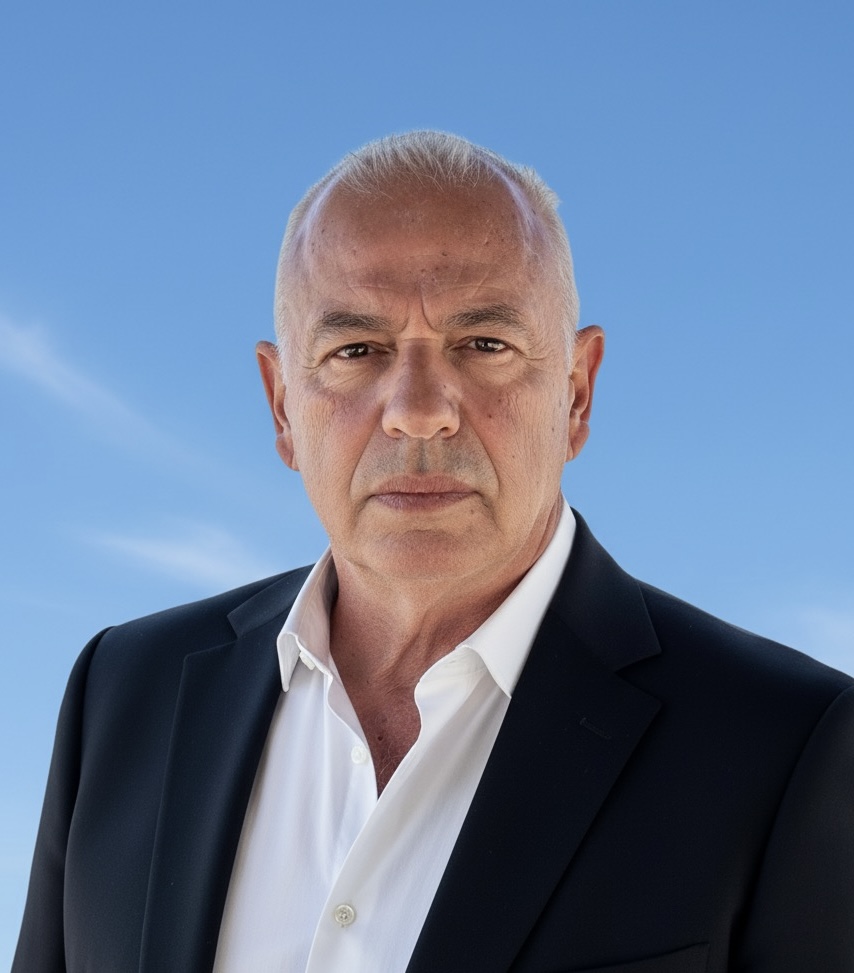Why Greek tourism must stop playing safe
- Dimitri Triadafillidis
- Nov 6, 2025
- 3 min read

The latest Wanderlust study from Expedia Group sends a clear warning to the tourism industry: travellers have changed—radically—and most brands are still speaking an outdated language.
Greek tourism, in particular, continues to lean on clichés and postcards at a moment when the global traveller expects emotional clarity, authenticity, and narrative truth.
For years, destinations and hotels have believed that beautiful images were enough. They are not. The data shows that decisions are no longer shaped by still photos, staged poses, or generic copy. Travellers now rely on dynamic emotional stimuli, credibility signals, and story-driven content that feels human, not promotional. This is not a seasonal shift. It is a structural one—and ignoring it comes with a cost.
Video is now the first step of every travel decision
Video has overtaken every other format.
Not slightly. Decisively.
Short, high-motion sequences now shape the traveller’s first impression, their emotional connection with a destination, and their final decision. Static images play a supporting role at best; they are no longer capable of carrying a brand.
For Greek tourism businesses—hoteliers, villa owners, DMO teams, and travel media—this means one thing: the core content strategy must become video-first. Not as an add-on. Not as an experiment. As the central pillar. Quick cuts between two and nine seconds, mobile-ready formats, and narrative-led sequences are no longer innovations. They are the baseline.
Any brand still relying mostly on photography is not just behind. It is invisible.
Authenticity has replaced aesthetics as the driver of trust
The modern traveller is suspicious of perfection. Over-edited visuals create distance. Polished marketing language creates doubt.
What performs now is content that feels real: genuine moments, natural light, human expressions, local textures, and a tone of voice that speaks with the traveller, not at them.
This shift is particularly important for Greece, a country with a long tradition of postcard imagery. Today’s audiences no longer react to “blue waters and white houses.”
They want stories, perspectives, and experiences that reveal truth rather than selling illusions.
Authenticity isn’t a style.It’s a conversion engine.
AI helps, but it cannot lead
The study also shows a growing awareness among travellers around AI-generated content. They accept AI when it improves quality, sharpens clarity, or supports consistency. But they reject it when it tries to replace the human eye, the human voice, and the human story.
This creates a clear competitive edge for brands that use AI intelligently—as a tool, not a storyteller. The future belongs to hybrid workflows: AI for efficiency, humans for identity. Anything else looks synthetic and loses trust instantly.
Representation directly influences bookings
A major insight often dismissed by tourism brands: representation increases conversion.When travellers see people who look like them—whether in age, identity, body type, or travel style—they feel safer. They trust the brand faster. They hesitate less.
For a destination like Greece, serving dozens of nationalities and diverse travel profiles, inclusive representation isn’t a political statement. It’s a commercial one. It widens the market and removes emotional barriers.
Generations no longer behave similarly
The traveller audience is split in two, and ignoring this divide is a strategic mistake.
Younger generations—Gen Z and Millennials—take their inspiration from influencers, short-form videos, and fast, real-time storytelling. Older generations—Gen X and Boomers—trust destination websites, detailed narratives, long-form articles, and editorial-style content.
A tourism brand that speaks to only one of these groups automatically loses the other.
The data is unambiguous: a two-track communication strategy is now mandatory.
The implications for Greece: A needed strategic reset
Greek tourism has all the raw material to lead globally. What it lacks—and what this study confirms—is a communication model that reflects the modern traveller’s expectations.
A coordinated shift toward video-first content, authentic storytelling, inclusive representation, and human-led AI could dramatically increase conversion, build stronger direct demand, reduce dependency on OTAs, and create a more credible year-round brand presence.
Greece doesn’t need more content.
It needs braver, cleaner, strategically aligned content that speaks with clarity, not decoration.
Postcard-era marketing is ending.
The brands that will dominate the next decade are those willing to ditch the clichés and communicate with truth, precision, and emotional intelligence.





Comments